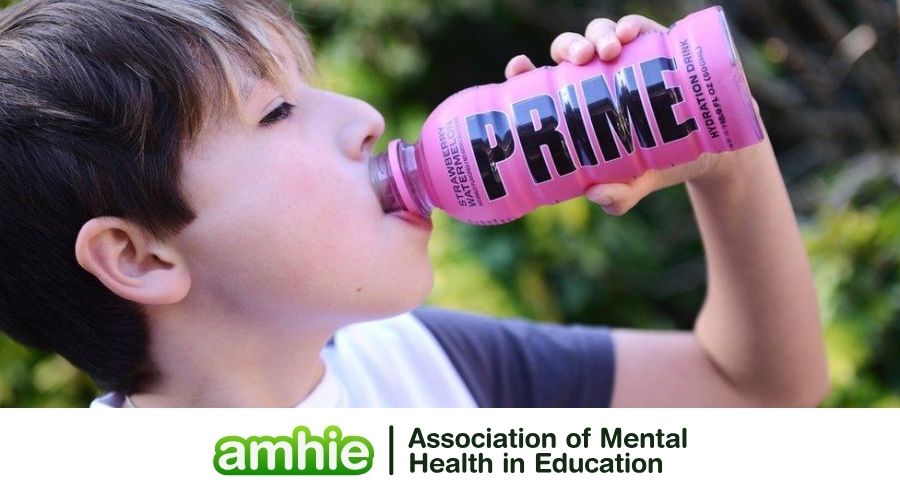
The government will consult on banning the sale of high-caffeine energy drinks to under 16s.
- Government to ban sale of high-caffeine energy drinks to under-16s
- Evidence links the drinks to negative impacts on children’s physical and mental health, sleep quality, and educational outcomes
- Move backed by parents and teachers and will deliver significant long term health benefits as part of government’s Plan for Change
Children will be protected from the harm caused by high-caffeine energy drinks under new proposals to ban their sale to under-16s.
Plans set out today will help boost kids’ health by stopping retailers from selling the drinks to children in a move that could prevent obesity in up to 40,000 children and deliver health benefits worth tens of millions of pounds.
Around 100,000 children consume at least one high caffeine energy drink every day. There is growing evidence linking these drinks to harmful effects on children, including disrupted sleep, increased anxiety, poor concentration and reduced educational outcomes.
Read the 3/9/2025 full press release here: Ban on selling high-caffeine energy drinks to boost kids’ health
Working with the ban in school
This academic year, how should you support the government’s new ban on selling high-caffeine energy drinks to under-16s?
While many major retailers already voluntarily restrict sales, the new law will ensure a consistent approach across all vendors. Schools need to be a part of this wider strategy to improve student well-being and academic performance.
In-School Policy and Enforcement
It is recommended that you update the food and drink policy at your school to ban students from bringing energy drinks onto school grounds. This ban should be clearly communicated to students and parents through various channels, such as school newsletters, assemblies, and the student handbook.
A clear, zero-tolerance policy will eliminate any ambiguity and ensure that all staff, students, and parents are aware of the new rules.
Teachers and staff must be vigilant in enforcing this policy. By actively monitoring for these drinks, especially before and during classes, staff can reduce their presence in the school environment. The goal is to create a culture where these drinks are not seen as a “social currency of the playground,” as one activist described them, but as a substance that’s harmful to young people.
Education and Awareness Programs
Beyond enforcement, you can play a crucial role in educating students and parents about the dangers of high-caffeine energy drinks. Integrate lessons on the health impacts of caffeine and sugar into the curriculum, in subjects like health education, physical education, or science.
These lessons can be used to clearly explain how these drinks can lead to negative health outcomes, and how that can impact daily life and routines such as sleep and academic attainment.
Hosting workshops or assemblies led by health professionals can help provide an outside perspective on the issue. You can also consider providing some resources for parents, perhaps through parent-teacher meetings or online portals, to help them understand why these drinks are being banned and how they can support making healthier choices at home.
By focusing on both policy and education, schools can not only comply with the new law but also empower students to make informed decisions for their own well-being. This comprehensive approach will help to address the root causes of poor health and educational attainment, supporting the government’s long-term plan for change.
For further advice and guidance on how to enforce bans in your schools you can access the following support:
Behaviour in Schools: sanctions and exclusions – DfE
#NotForChildren – Food Standards agency
A scoping review of policies related to reducing energy drink consumption in children – National Library of Medicine
Join a trusted community with AMHIE Membership

Don’t navigate mental health challenges alone! Joining AMHIE as a member instantly connects you to our vital community, offering a powerful return on your time. While you get essential, compliant updates on DfE policy to Reduce Risk and Stress, the true value lies in this trusted peer network. Eliminate professional isolation by tapping into Expert Support and shared insights from colleagues, gaining the Clarity and Direction needed for best practice. This free access also delivers news and evidence-based resources, ensuring you stay ahead of the curve with confidence, supported by your peers.
Ready to connect with a supportive community and stay ahead of policy? Get immediate access to guidance and peer support—sign up for your AMHIE membership today!
